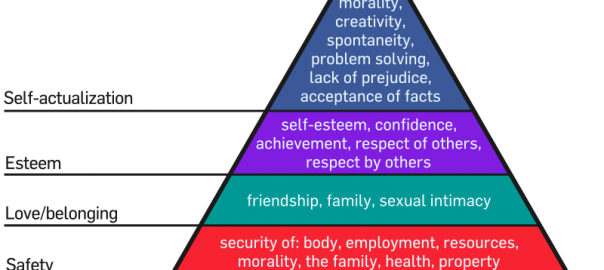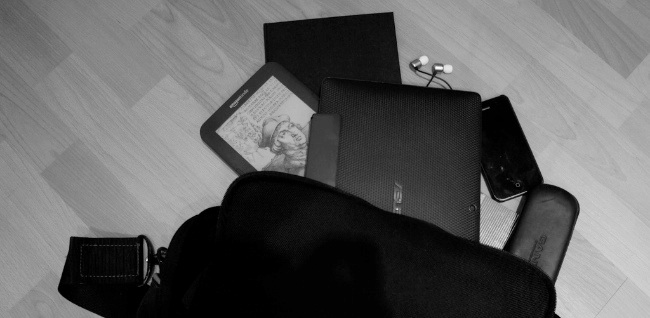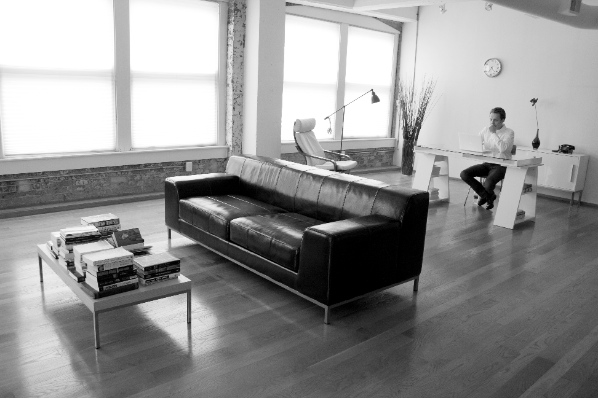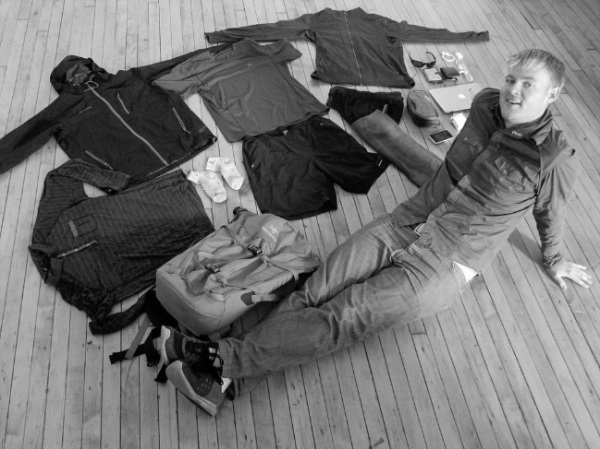Maslow and the minimalist movement
I’ve been reading Paul Stamatiou’s blog since he was an undergraduate. After a couple of startups he’s now working for Twitter. Yesterday, he posted this about his new-found minimalism:
I sold or tossed a ton of stuff I didn’t need, use or wear. I stopped wearing all those free startup shirts I gathered over the years and moved on to button-ups. I use Laundry Locker to deal with ironing them so I don’t spend my Sundays doing this. I buy toothpaste, shampoo and the like in bulk on Amazon so I don’t have to remember to make monthly errands. I moved to a slimmer wallet and carry less stuff with me everywhere. I cancelled unnecessary monthly billed services so there’s less to think about when I see my statements.
This is great. This is something I’ve tried to do. This is something to which I aspire. But the trouble is that it requires money to do this. And I’m guessing Stammy’s new found outlook on life is helped by the fact he’s probably not earning peanuts at Twitter.
Here’s Maslow’s hierarchy of needs. It’s not perfect, but let’s use it as a convenient hypocrisy:
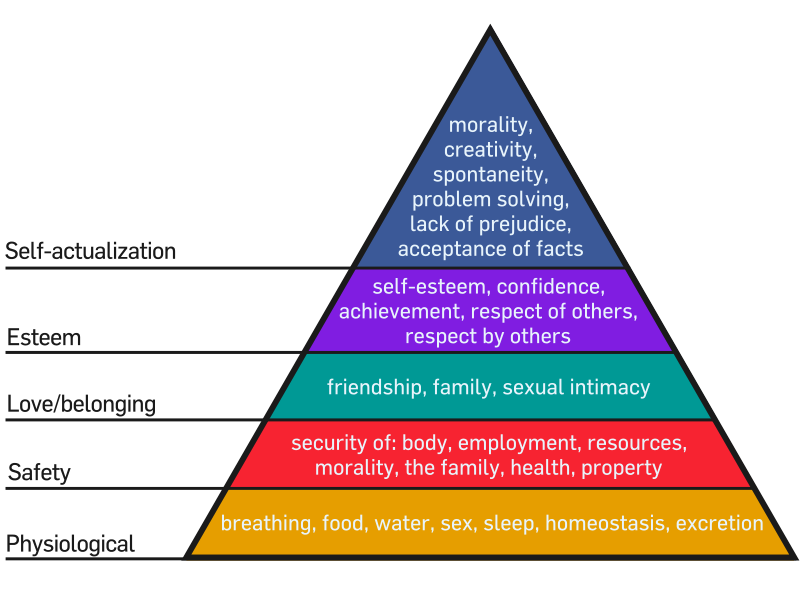
People don’t need money to be happy, certainly not. But there’s a level of financial security that allows you to say “screw you” to the world. It’s easy to forget just how soul-crushing money worries can be. Indeed, it’s one of the biggest causes of strife in relationships.
The trouble with minimalism, as others have pointed out, isn’t the message but the messenger. It’s rich, successful (mainly white) males saying “I don’t need all of this stuff to be happy!”. That’s great, but we should be mindful that people not so well-off sometimes need stuff as a just-in-case. They haven’t got the financial resources to just go and buy whatever they need there and then.
I completely accept Leo Babauta’s point about minimalism being a constant critique/mindset rather than a lifestyle. It’s just that two seem to be rather conflated at this point in time. For rich people a spartan aesthetic means iPhones and white furniture. For less well-off people minimalism looks very much like poverty.
Image from Wikimedia Commons

